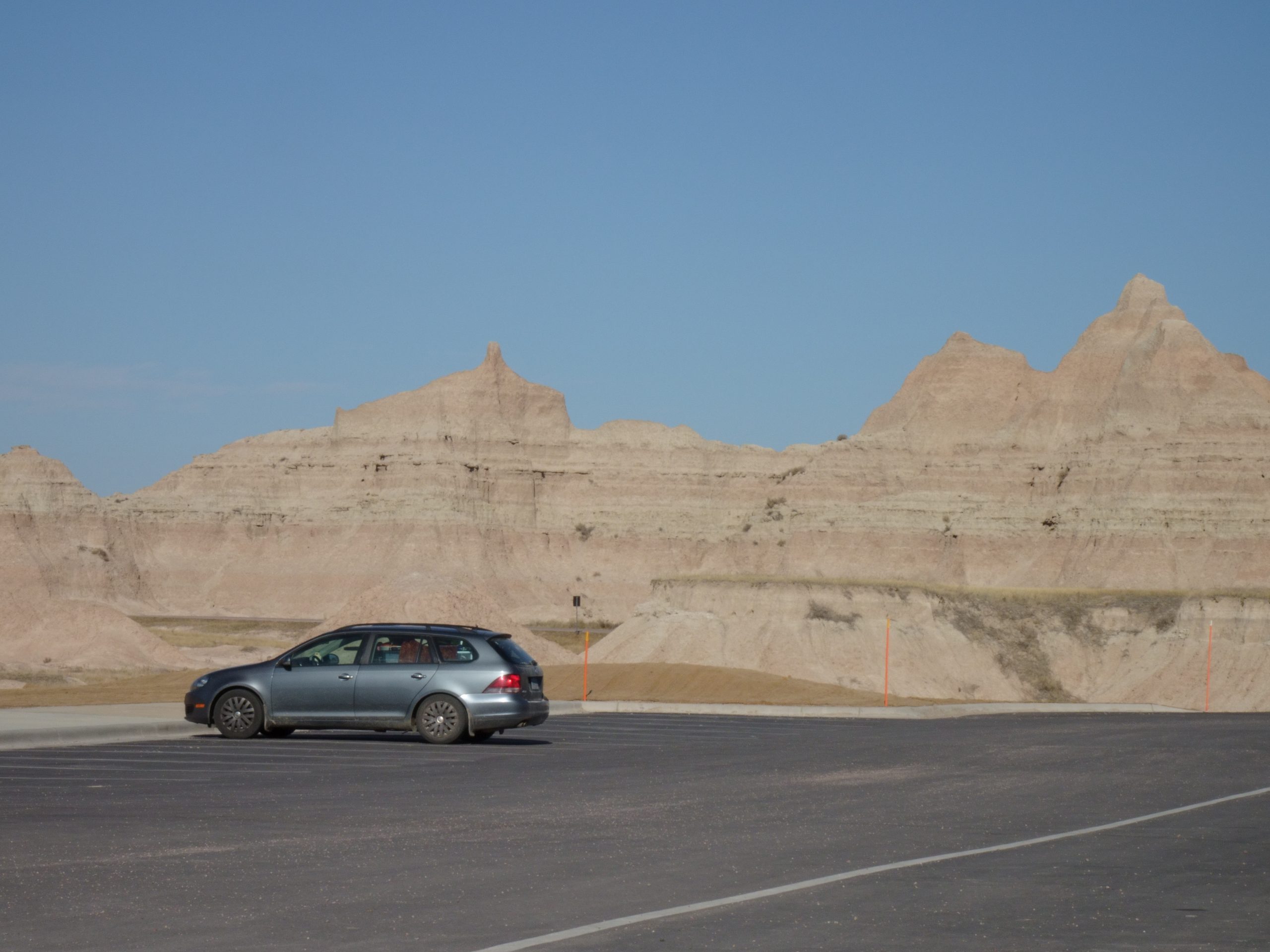Part Three
About New England Transcendentalism
Ol’ HDT was certainly not the only person to feel like society was moving in the wrong direction. There was a whole school of thought born in the 19th century called ‘Transcendentalism’. Its main tenets were as follows: belief in the virtues of rugged individualism, belief in a certain divinity within nature, and a belief that freedom for individuals is paramount (this included people working in factories and enslaved people in the south). There were so many people who thought this way running around New England that they got together and formed a little club called: The Transcendental Club. What were you expecting?
Sophia Ripley, Margaret Fuller, Amos Bronson Alcott, and Theodore Parker were all members (Thoreau was too), but the club’s most famous member, and perhaps the person who best articulated the movement, was Ralph Waldo Emerson. Emerson was Thoreau’s mentor in more ways than one, and he owned the plot of land Thoreau squatted on for two years. He had some – shall I say interesting? -views on travel that he expressed in his most famous work Self-Reliance. I’ll have to address those later if I’m to maintain any shred of authenticity, but for now it’s only important to know that he was Thoreau’s teacher and close friend.
Finally, I should mention that I have a soft spot for the Transcendentalists. I grew up in Connecticut and lived in Somerville, MA (a town bordering Cambridge, MA: home to Harvard, MIT and, at points, many of the transcendentalists) for a while. These thinkers worked right down the street from me. If philosophical schools had football teams I would be tailgating team Transcendental every Sunday. Even if team Existentialist had more star players (Camus, Kierkegaard, Nietzsche, De Beauvior, Dostoevsky) and team Stoic had better jerseys (togas) I’m still a diehard Transcendentalist fan because their stadium was in walking distance.
So What’s special about Thoreau?
All this to say that Henry wasn’t the only person to feel alienated by a century of industrialization. So what made him special? Well, he was the only one to actually do it, to say ‘yeah society isn’t getting me any closer to a Good Life, rather, its holding me back’ before taking the next step to go and live in the woods. I admire him for backing up his words like that and I think it’s why he’s remembered more than anyone, besides maybe Emerson, from the movement.
Me and Henry
If it’s not already glaringly clear, I love Thoreau and his work. And I can hear a voice out there saying: Oh, you mean the guy in his late 20’s that likes hiking, camping, writing on his blog, living in his car, and thinking about stuff likes Henry David Thoreau? Yeah, no shit he does. And to that voice I would say: ya got me, well done ma’am. However I’d challenge that sarcastic voice to grow eyeballs and read Thoreau’s work for themselves. I’d wager they’d admit that there’s some insight there that’s relevant today and especially relevant to living in your car.
Wrap Up
Thanks for reading. Next week we’ll take a break from Thoreau, but check back soon, as the next post in the series will uncover the unique principals which guided his lifestyle at Walden. Until then, be kind to yourself, be kind to others, and safe travels out there.
Dylan



